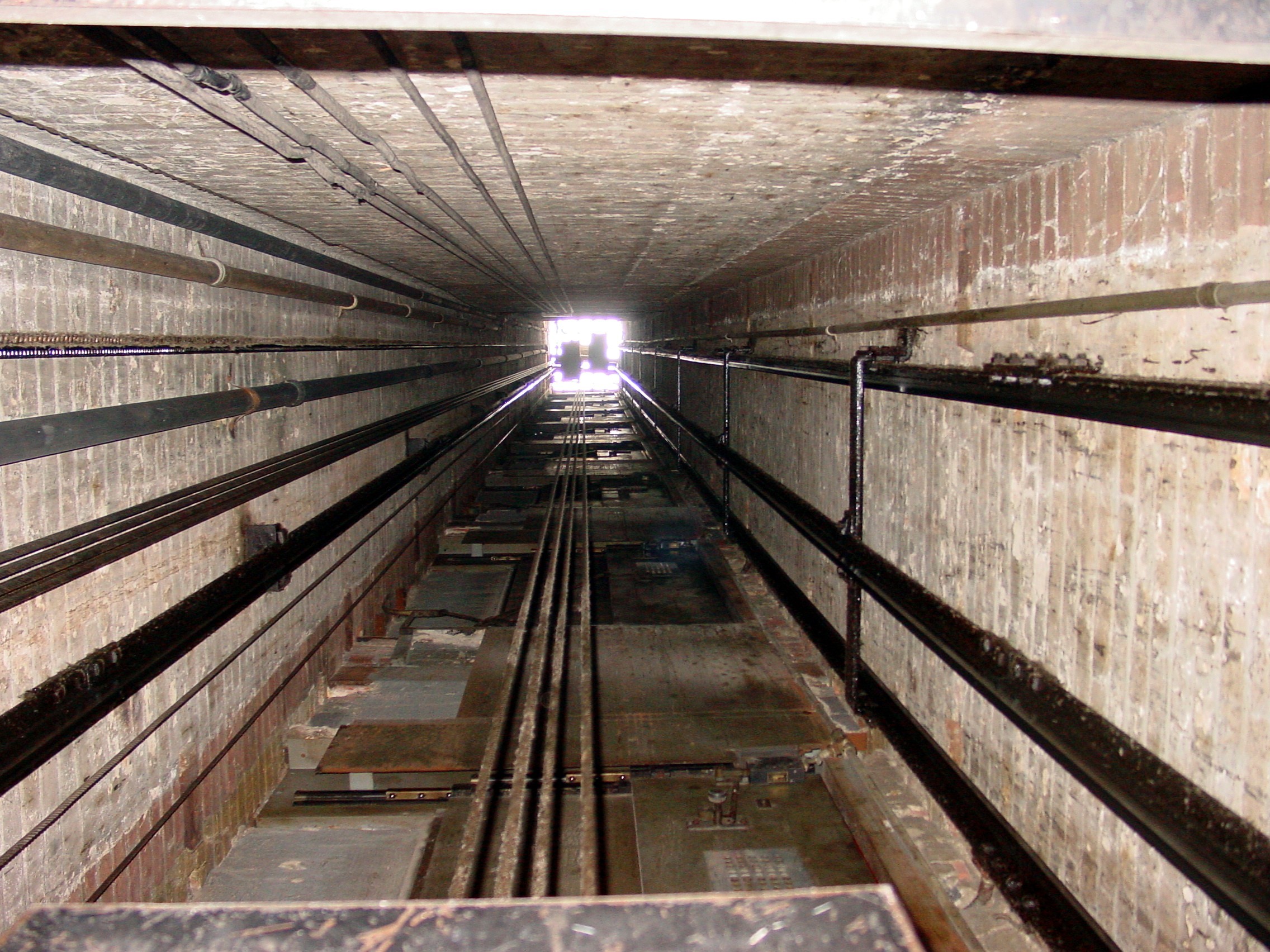By Amy Neustein, Ph.D.
We’ve recently seen how a posse of violent demonstrators spewing anti-Semitic vitriol can imperil airports, bridges and universities while the world remains inert. For Jews, these mob scenes are particularly chilling. They are reminiscent of the hatred preceding the mass killings of Jews in Europe for hundreds of years. But would one ever expect this scourge in America?
But have we learned from the lessons of the past? In the wake of October 7, how many Jews have been roused to stand up and be counted?
I fear complacency more than I fear anti-Semitism, for it is the former that allows the latter to spiral out of control. My family experienced the deadly effects of anti-Semitism in America firsthand.
There was a brutal murder in my father’s family that had been hushed for many years. A confluence of emotions, consisting of shame, powerlessness and utter helplessness had prevented my family from speaking openly about the murder of my great-grandfather, Yehoshua Henig. He was shoved down an elevator shaft at Henington Hall on Manhattan’s Lower Eastside by his anti-Semitic employee at the catering hall he had founded along with his brother, Mechel. As told to me by my family, the last words my great-grandfather heard were “You dirty Jew!” as his assailant pushed him to his death right before Shabbos. He landed head first and severed his spinal cord. The commotion was witnessed by many at this bustling catering hall.
Henington Hall had derived its moniker from the “Henig” family name. Located at 214 East 2nd Street in lower Manhattan, Henington Hall was declared a landmark by the Greenwich Village Society for Historic Preservation (GVSHP) about ten years ago. It was home to Louis Armstrong, Teddy Roosevelt, William Randolph Hearst, and other prominent figures who required a capacious meeting space that would accommodate hundreds of guests. Grand balls and upscale weddings took place at this six-story, forty thousand square foot building with arched windows, sculpted columns and a loggia.
Yehoshua, a gentle, soft-spoken man who immigrated to New York in the late 1800s from Lutowiska (a town then under Austrian rule, and later part of Ukraine), was a Talmudic scholar and deeply committed to helping his fellow Jews. He devoted two floors of Henington Hall to Jewish charities that were supplying alms to immigrants and their families. He opened his facility to shuls that needed spacious rooms to accommodate the large turnout on Yomim Tovim. He never charged for allotting space at Henington Hall for any of these community needs. His beneficence was appreciated by Jewish community members.
My father, Rabbi Dr. Abraham Neustein, adored his grandfather, Yehoshua. My great-grandfather was the one who inspired my father to become a rabbi. Less than three months before my father’s bar mitzvah, his grandfather was murdered. The family paid a hefty price. My grandmother would have such intense nightmares that my father and his siblings were instructed to shake their mother so as to awaken her from these bad dreams. Though my father kept all this pain in his heart for most of his life, shortly before he died he exhorted me to “fight for justice…to fight for Jewish survival…to fight for integrity.”
I recently broke the haunting silence hovering over my family for so many years by writing a Newsweek “My Turn” column about what happened to my great-grandfather. The response was overwhelming. Most notably, I received an email from a genealogist from Bergenfield, New Jersey, who was so moved by the story that he spent days going through census bureau records, death certificates, marriage certificates, birth certificates, and other sources of information. He appended copies of these documents to his email. I had never seen the death certificate for my great-grandfather, whose legal name is registered as “Solomon Osias” on many of these documents.
The words “fracture – dislocation of the cervical spine – [from a] fall down elevator shaft” left me trembling. I knew the story, but seeing the death certificate made the horror of my great-grandfather’s murder appear more real to me. I read the words “autopsy” and “pending investigation” and I grasped the seriousness of the crime. I saw that given the criminal nature of his death, he had to languish in the New York City Mortuary for 11 days until he’d be released to the undertaker for burial. This delay prevented the family from following the religious precepts of a quick burial.
Alas, the criminal investigation produced neither an arrest nor a prosecution. Next year will mark the 100th year anniversary since this unspeakable crime of Jew-hatred was committed against my great-grandfather. “Yehoshua” means salvation. I hope that his horrific death serves as salvation for the Jews of today, because if we remember that it can happen again at any moment, we will fight the formidable reemergence of anti-Semitism with every breath, lest we find ourselves thrown into the pit of complacency.







